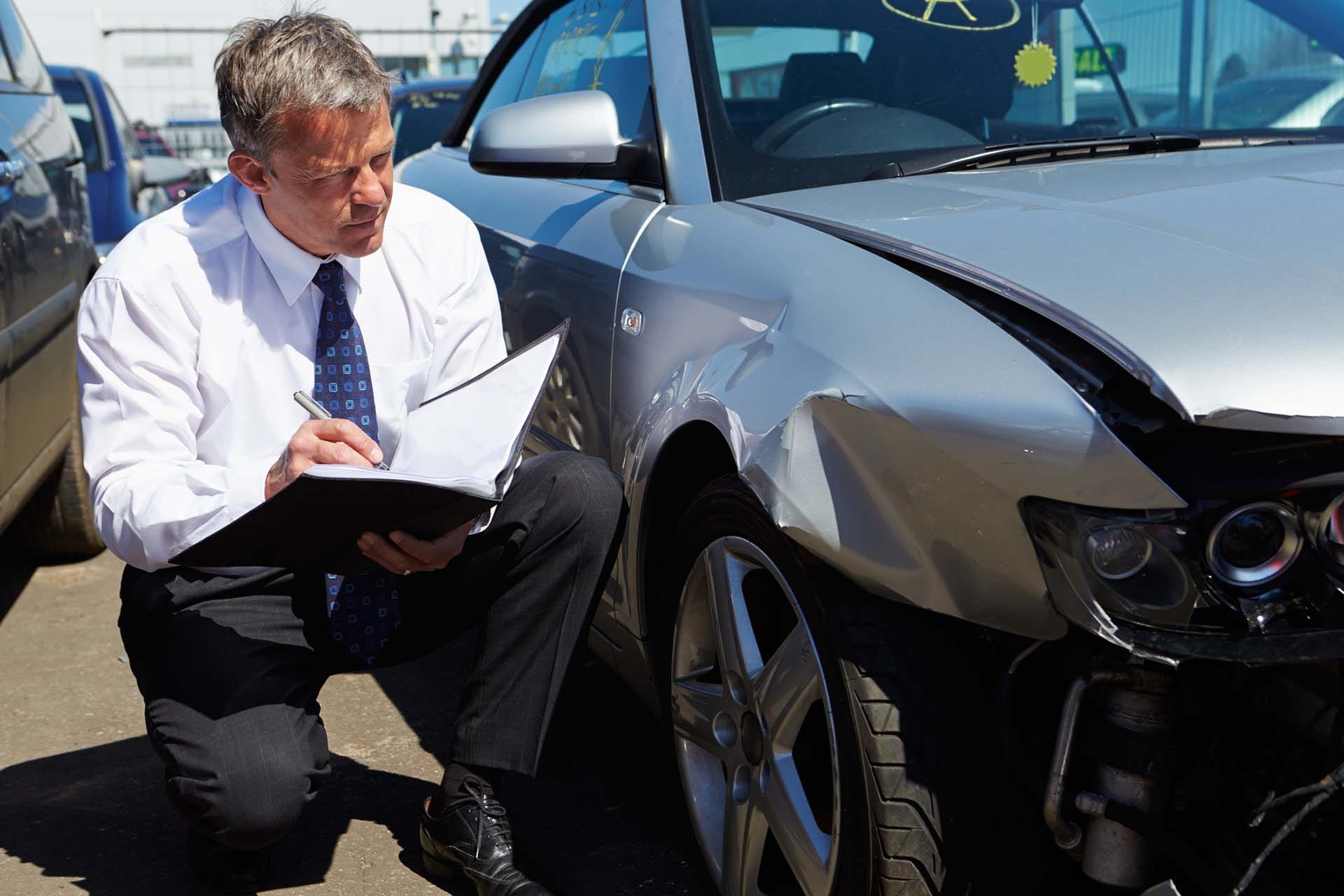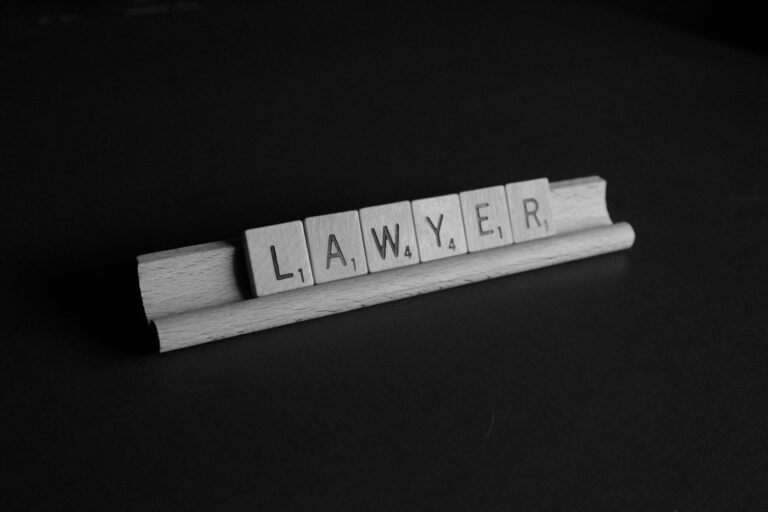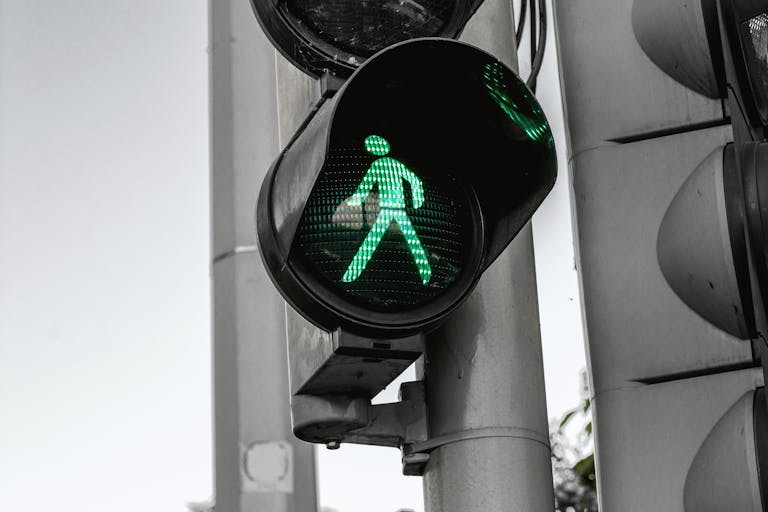What to Know About Neck and Back Injuries From Car Accidents

Car accidents are an unfortunate fact of life, and most of us are involved in one at some point or another. The best-case scenario is that it’s more of a hassle than anything else, but sometimes accidents result in injuries – and given the way we sit when we’re in a car, neck and back injuries are particularly frequent. Below, we discuss some of the more common neck and back injuries suffered in car accidents, as well as symptoms, treatment and next steps if you’ve been hurt in a crash.
Common Neck and Back Injuries
Whiplash. If your car is struck by another car, even at a low speed, the force of the impact can cause your head to bend forward and backward quickly. The jarring nature of this injury can cause pain and stiffness in the neck, as well as a limited range of motion, headaches and fatigue.
Slipped, herniated or ruptured discs. Vertebral discs are located between the vertebrae in your spinal column; they aid movement and act as shock absorbers. Accidents can cause these disks to be pushed out of alignment; in some cases, the impact can cause them to rupture.
Dislocated or fractured vertebrae. Disks aren’t the only part of your spinal cord that are at risk of injury. Vertebrae – the bones that make up your spine (and that your disks protect) – can also be jarred out of place or fractured in a crash. Fractured vertebrae constitute a serious injury that can cause permanent damage in some cases.
Pinched nerves. Accidents can often result in pinched nerves in your spine. That’s because damage to discs, tissue, bones or tendons can cause them to move out of place and compress the nerves that surround them.
Neck and Back Injury Symptoms
Your symptoms will, obviously, depend on the type and severity of your injury. As mentioned above, though, the most common symptoms of neck and/or back injuries include headaches and dizziness, stiffness, fatigue, dull or shooting pain, decreased range of motion, numbness and tingling. In very serious cases, neck or back injuries can cause partial or full paralysis.
Treatment
Just as your symptoms will depend on the nature of your injury, so will the treatment you need. In some cases, you may benefit from rest, anti-inflammatory medication and physical therapy. Some accidents, however, might cause neck or back injuries that are so severe they require surgery to correct. Regardless, one of the first things you should do after a car accident is see your doctor (or go to the nearest emergency room, if you believe your injuries are serious enough to require it).
Compensation
What if the accident is someone else’s fault? You may be able to file a claim, particularly if you incur medical bills as a result of your injuries or lose wages because you’re not able to work. The mental toll of being injured in an accident can be high as well; you could potentially file for emotional distress. Remember that if the accident occurs in Maryland, you’ll have to be able to prove that it was 100% the other driver’s fault, since Maryland is a contributory negligence state. If you’re deemed to be even the slightest bit liable for the accident, you won’t be able to claim any compensation for it. Our advice: find a smart, capable lawyer who can help you decide your best course of action.
If you’ve injured your neck or back in a car accident and you think you have a right to a claim, contact the Law Offices of Nicholas Parr in Baltimore, MD today to schedule your free consultation. We don’t receive a fee unless we win.









